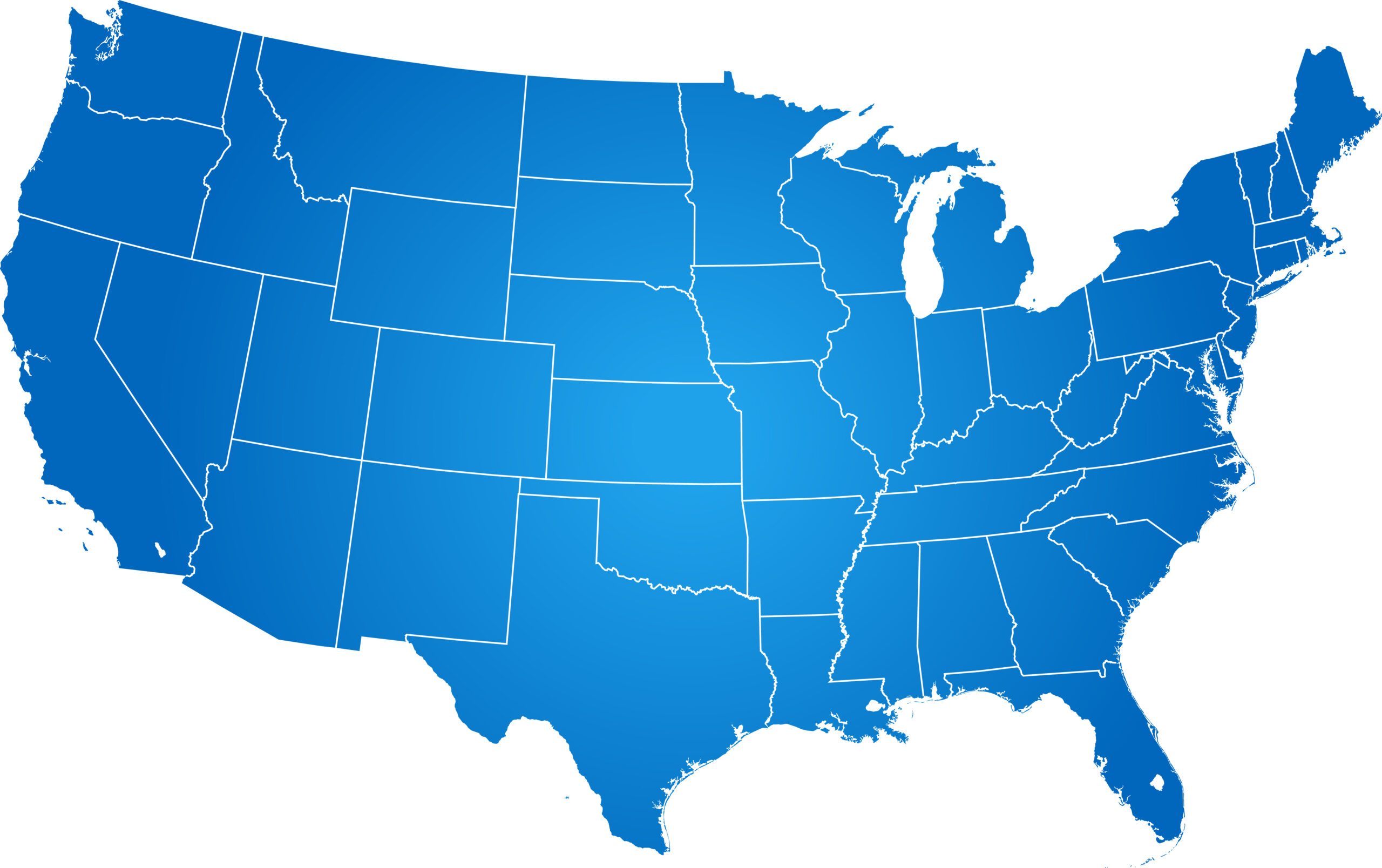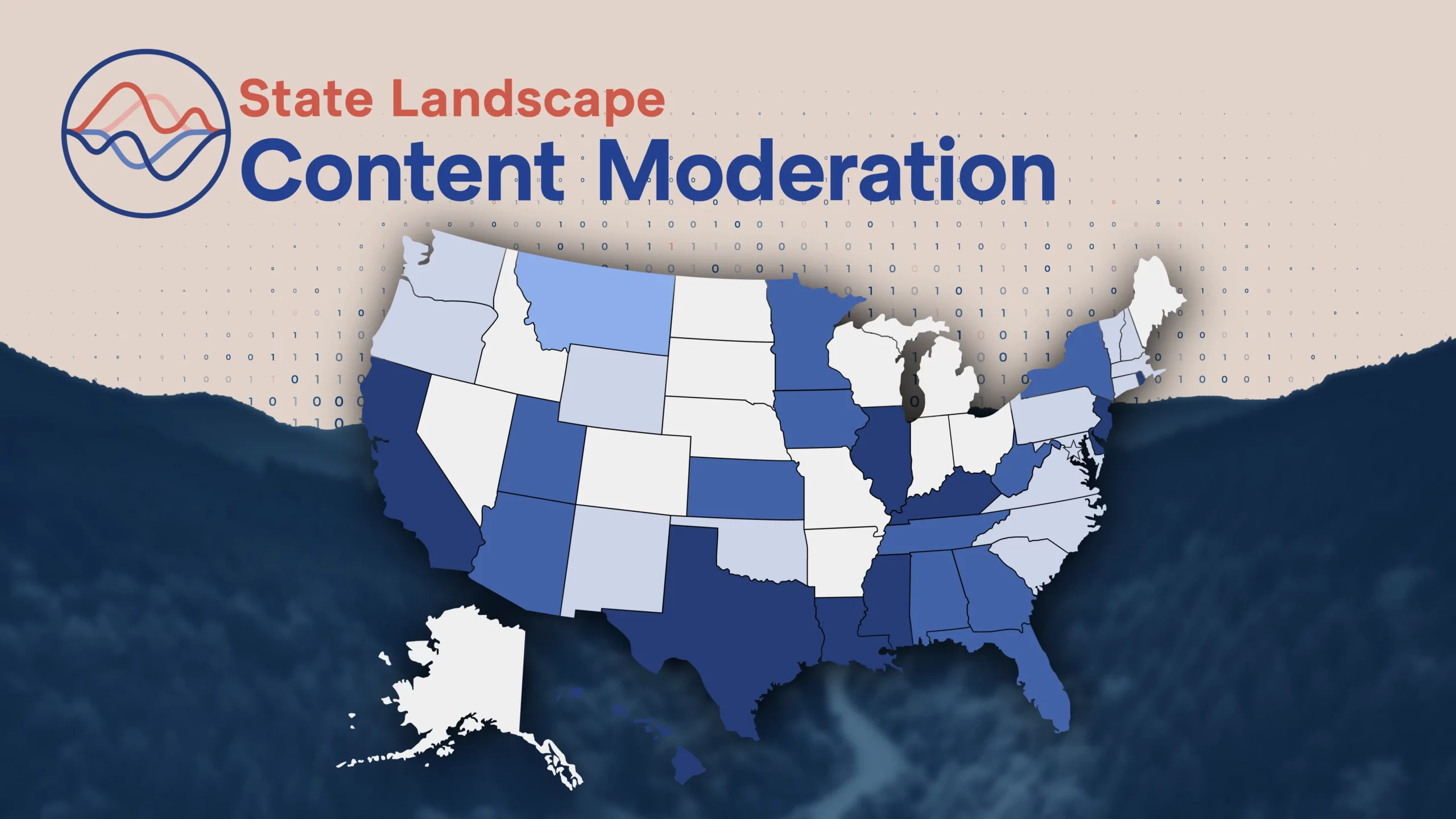Counterproductive State Competition Proposals

UPDATE 4/13/2023: CCIA is planning to update the interactive state legislative map for competition at least weekly on Friday afternoons.
As 2023 state legislative sessions launch, policymakers are continuing to explore policies that are traditionally addressed at the federal level, moving from content moderation, to privacy, and now competition. Certain state legislatures have begun introducing a range of bills that seek to alter U.S. antitrust policy, injecting more uncertainty about how the government regulates specific sectors of the competitive marketplace.
These proposals often focus on the following key areas: (1) abuse of dominance; (2) price discrimination; (3) reporting requirements for mergers and acquisitions; (4) monopoly and monopsony; (5) studies or task forces; and (6) app store payment systems. Some of the more alarming proposals have come from Minnesota and New York, where over the past two years legislators have crafted several bills to revise state antitrust laws. Other states, such as Arizona, Georgia, and Rhode Island, have introduced proposals to regulate or prohibit the payment systems used by owners of app stores.
While the legislative purpose of these bills is to benefit consumers and small businesses, those are the very groups they could harm. Competition legislation from states could have an effect counter to what many legislators say they want to achieve. Not only could these bills harm small businesses, they could, in fact, be harmful to consumers. Many businesses today operate across state lines. Complying with vastly different competition regulations across states would prove extremely difficult for small businesses, to the point where they simply couldn’t operate while larger businesses could more easily handle the range of compliance standards. Rather than supporting the growth of small businesses, these proposals would only create additional barriers for them, decreasing competition and market offerings, and increasing costs and leaving fewer choices for consumers.
As state legislative sessions across the country advance, we expect to see more competition proposals introduced and considered by legislators. Two particular items to watch for are (1) proposals concerning app stores and (2) abuse of dominance provisions mirroring the European Union’s (EU) competition law. Some of these state bills, in fact, mimic measures proposed at the federal level concerning app stores and EU style provisions. However, a patchwork approach of likely disparate and potentially conflicting state laws would add additional compliance and administrative burdens to companies, particularly in our increasingly-connected economy. While some of the proposals purport to support innovation and competition, this type of legislation seems to harm the parties it intends to help.
Learn more about the state competition landscape here.








